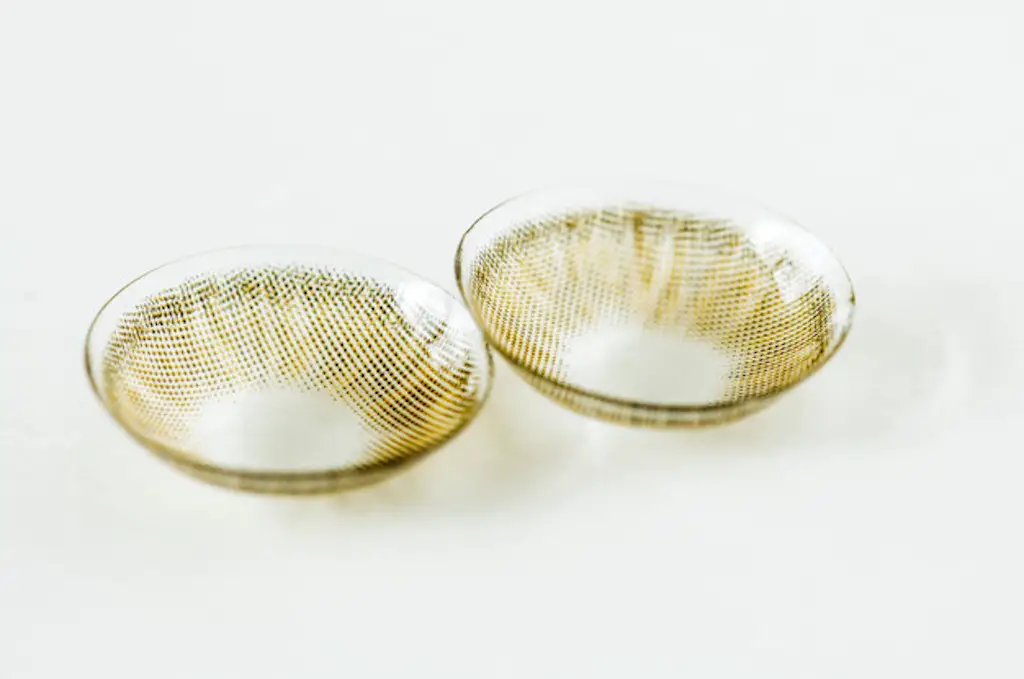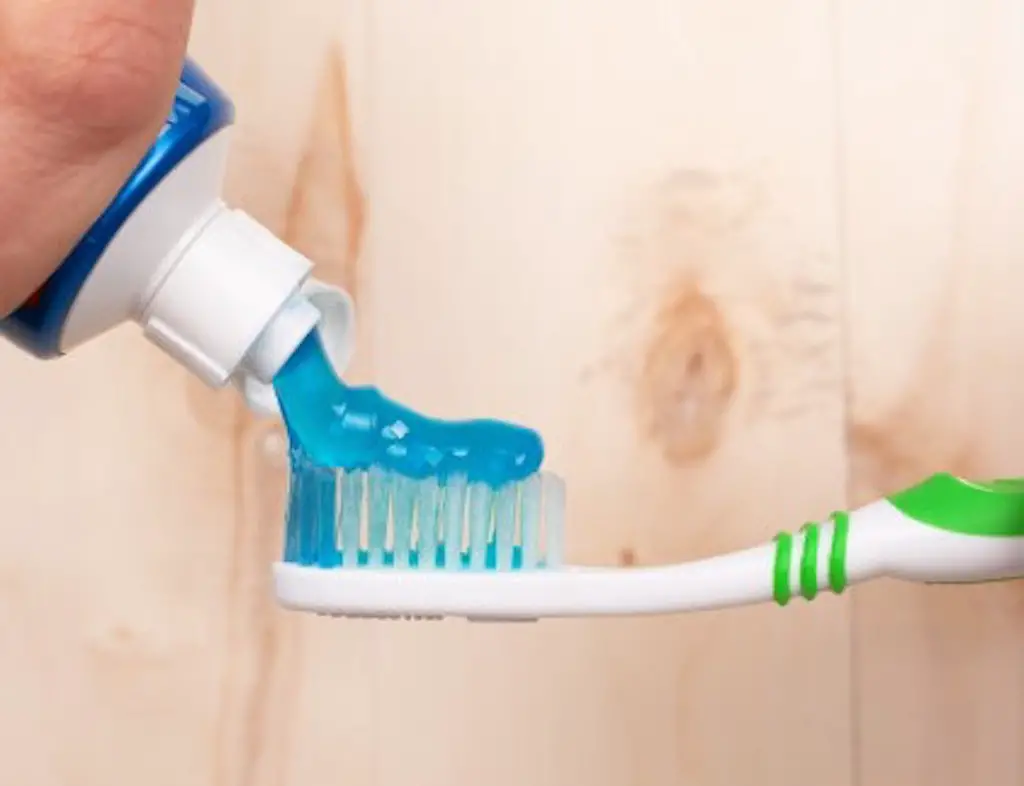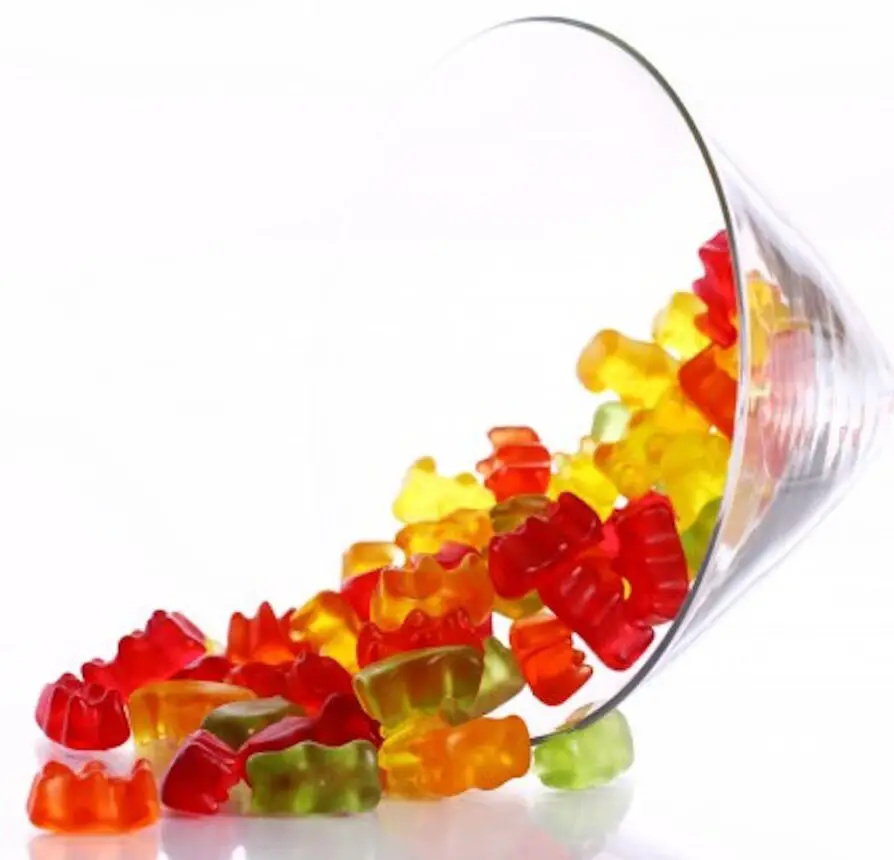We often do not know the origin of various products around the world today, including these 20 things that came from “Deutschland” which I will be sharing in this post. Germany has a reputation for innovation, with countless groundbreaking inventions — from the first computer, to aspirin, or even to nuclear fission. But you probably didn’t know many other things were also invented in Germany.
German innovation has completely revolutionized our daily lives. The country is well known for brewing beer and the creation of Schlager music, but did you know that Germany has also produced some of the world’s most noteworthy inventions?
Johannes Gutenberg, Ferdinand Porsche, and Karl Benz are just a few of the famous engineers, inventors, and scientists who hail from Germany. From everyday household items to lifesaving medical devices and luxury automobiles, these German inventors have created some of the most useful inventions, many of which are still used today.
Here is our top 20 list of innovations that you might not have realized were invented in Germany!
Christmas Tree
Spruce branches adorned the homes of the Germans even before they adopted Christianity: they were supposed to drive away the evil spirits of darkness and cold. In medieval Germany, Christmas trees were decorated with gilded apples and garlands of nuts in the homes of wealthy merchants and nobles, initially only in Protestant areas. The tree finally became an obligatory attribute of Christmas for all Christians in the 19th century.

The Easter Bunny
Many people might assume the Easter Bunny was created like Rudolph the Rednosed Reindeer as a marketing initiative, but that is not the case. We also owe this attribute of the Easter holiday to the Germans as well. For the first time, the Easter Bunny or Rabbit was mentioned in texts written back in the 16th century. Stemming from the game ‘Egg Hunt’ (or commonly referred to now as ‘Easter Egg Hunt’) which took place in the form of a children’s story from 1680, where a rabbit hid eggs in a garden.
The Cuckoo Clock
The cuckoo clock is the symbol of the Black Forest. They appeared here at the end of the 17th century, and the history of their invention is quite curious. One craftsman from the city of Schönwald decided to make a clock with a crowing rooster. The mechanism turned out to be very cumbersome, and besides, it was not possible to reproduce the crowing. Then the artisan replaced the rooster with a miniature cuckoo and it became a real sensation.
The original timepiece quickly gained popularity in Germany, and by the middle of the 18th century, there were several workshops in the Black Forest. The clocks were made of wood and decorated with exquisite carvings, while each master had his own style. Today we can hear the song of the Cuckoo Clock daily across the globe.
Fahrenheit scale
Daniel Gabriel Fahrenheit in 1709 proposed the first reliable alcohol thermometer with a scale. The main problem for scientists was to find reference points in order to tie the scale to them. Fahrenheit suggested three: the lower limit of 0 ° F was the freezing point of saline, and the upper limit of 96 ° F was the temperature of the human body. The inventor defined this reference point as “the temperature under the arm of a healthy Englishman.” Ice on this scale to this day melts at 32 ° F and water boils at 212 ° F. In 1714, a scientist developed a mercury thermometer using a new method for purifying mercury.
The unit of measure for temperature, degrees Fahrenheit (°F), was named after him. The Fahrenheit scale is still used in many English-speaking countries, although it is gradually giving way to centigrade Celsius.
Paraffin
Another important German invention for people was paraffin candles. Invented by the famous German chemist, philosopher, geologist, and naturalist Karl Reichenbach in 1830.
This invention was a turning point for the already successful life of Reinechbach. After inventing paraffin, the scientist was elevated to the rank of honorary residents of Stuttgardt and in 1839 he was awarded the title of Baron. Paraffin was so popular that after a few years candles could be bought in many countries.

Bandoneon
Without the bandoneon, Argentine tango might not have become a heritage of world culture.
A cellist and instrument dealer from Krefeld, Heinrich Band began to develop his own model of an instrument based on the then-popular accordion around 1845. He didn’t know that his Bandoneon would one day become internationally known. His original concern was to enable the growing middle class in the city of Krefeld the ability to create music on a small but noble instrument without the knowledge of musical notes. At the end of the 19th century, the instrument was brought to Argentina. Like the little man’s piano, the bandoneon later shaped the club culture of the Rhineland in the 20th century.
Hot Dog
It has been proven that the first hot dog was produced in 1487 from the patriots of the German sausage industry. At the beginning of the 19th century, thanks to German immigrants, the technology of making sausages came to the United States. A butcher from Frankfurt first thought of wrapping Dachshund sausages in a slice of white bread.
German immigrants, who are especially neat, in 1860 began selling sausages along with a piece of bread. But sausages often rolled off a slice of bread and fell to the ground. And then one unknown inventor thought of replacing bread with a bun.
There is an assumption that the name “hot dog” arose from the comparison of sausage with a dog of the Dachshund breed. In May 1934, the term “hod-dog” first appeared, which is reliably known. The New York Herald published a cartoon of the shop owner selling sausages, and the sign above it reads: “Get your red-hot dachshund sausages!”

Ring Binder
Friedrich Sönnecken, who lived in the German city of Bonn, invented it on November 14th, 1886. His father was an employee of the city government, thus he decided to improve the usual folder.
Equipping it with a tin strip stretched between two holes in the bottom of the folder, and a carriage for clamping papers, he easily and simply realized the dream of many, many office workers to sort documents faster. After all, the clamp could be loosened at any time and the necessary document could be taken out or a new one could be added.
Hole Punch
Subsequently, this led to another innovation of Sönnecken. Thus, the hole punch was born.
For the wire arch mechanism of the binder to work flawlessly, the distance between the wires must match the distance between the screw rods of the hole punch. Therefore, together with the patent for the binder, Friedrich Sönnecken applied for a patent for the hole punch.
Contact Lenses
The first models that could be kept on the eye were invented by the German ophthalmologist Adolf Fick in 1888. A renowned physician described what we now call scleral lenses.
First, Fick made plaster molds, then the lenses were formed on the mold. The first contact lenses were made of glass, weighed about 0.5 grams, and completely covered the entire eyeball. They could be worn for no more than two hours.
German inventor August Müller was the first to try out the technology of the cast from the eye. In order to make the lenses, the ophthalmologist conducted tests on his own eyes. Müller’s works are relevant to this day, although he learned exclusively from his mistakes.
For the first time, a glassblower from Germany – Müller (namesake of August Müller) was engaged in the manufacture of lenses for everyday use. Since 1913, the mass production of contact lenses began at the German factory of Karl Zeiss.
At the Zeiss factory in the 1920s, the production of “multi-diopter” sets began, thus solving the problem of individual selection. From these sets, doctors chose exactly the one that was suitable for a particular patient.

Electric drill
This indispensable tool for home renovation is included in everyone’s toolbox. The drill itself was invented in 1889 in Australia. But it was the German entrepreneur Wilhelm Emil Fein, the founder of the Fein company, which is still engaged in the production of electrical equipment. Fein developed a portable electric drill in 1895.
Aspirin
This miraculous medicine, which has many uses, was first invented in the laboratories of the “Bayer” company in 1897 in Wuppertal. At the same time, two scientists announced their invention. Which of the laboratory chemists was the first to receive aspirin remained unknown: the workers argued with each other for half a century, but the issue was not resolved until after their death. Arthur Eichengrun died 3 years later than his colleague Felix Hoffmann. Therefore, historical sources call Arthur the inventor of aspirin.

Taximeter
Friedrich Wilhelm Gustav Brun is considered the inventor of the meter, which is installed in taxis to automatically calculate the fare. It was created by the order of the German auto designer and industrialist Gottlieb Daimler.
The taximeter was developed before the first automotive taxi. Originally horse-drawn carriages were equipped with a device that determined the cost of travel.
Scotch Tape
The original version of the duct tape consisted of gauze fabric and was patented to Paul Karl Baiersdof in 1882. The pharmacist Oskar Troplowitz, who worked at the Beiersdorf AG at that time, improved it in 1901 and named it Leukoplast. It was intended to protect skin damage. Leukoplast production began in 1921. Initially, the glue was applied only to the tapes so as not to irritate the damaged skin area. By the way, he also created a retractable hygienic lipstick and cream Nivea. As one can imagine the creation of adhesive tape, as well as band-aids, have made the world a better place!
The Thermos
A compact thermos for carrying coffee or tea – was invented at the beginning of the 20th century by Reinhold Burger. An expert in glass technology, he experimented for a long time, looking for a way to make a vessel in which the temperature of the contents would be maintained without chemicals. In 1903, Burger patented in Berlin an insulating container for storing drinks, which he called “thermos”. Thermos came from the Greek word therme meaning hot. The resourceful inventor immediately put the production of the novelty on a commercial basis.
Toothpaste
The real creator of the toothpaste is Ottomar Heinsius von Mayenburg, a simple employee of a German pharmacy. Although he was a “simple employee” back in 1907 when he began his first experiments on the formula in the attic of the pharmacy where he worked in Dresden.
Now it is difficult to say whether Mayenburg himself believed in the success of the enterprise, sitting in the attic, diligently filling metal tubes with the first samples of paste. But the idea brought about a real revolution in dentistry, brought the inventor wealth, fame, and made toothpaste an indispensable element of any bathroom.
Von Mayenburg’s idea was ambitious. He saw no reason to use several means: one for fresh breath, the other for cleaning teeth, and the third for the prevention and treatment of cavities. Why so much complexity when you can create something universal that provides comprehensive care? The idea of a German is quite logical. Rationality is one of the main German qualities.

Coffee Filters
The paper filter for coffee was invented by Melitta Benz, a housewife from Dresden. Dissatisfied with the bitter taste of her coffee, she used blotting paper from her sons’ school notebooks, placing it as a spacer in a brass pan with holes, thus protecting the coffee cup from the coffee grounds. This is how the basic principle of the first coffee filter was born.
On July 8th, 1908, the Imperial Patent Office in Berlin registered Melitta Benz’s rights to this invention. Prior to this, metal and ceramic filters were used to retain coffee grounds. Having slightly improved the design, the family business of M. Benz in 1912 set up the production of filter paper, and since 1937 has been producing filter bags.
Visit the best cafes in Düsseldorf to drink coffee in the finest German traditions.
Gummy Bears
One of our favorite snacks growing up was and still is Gummy Bears! They originally had the name “Gummibär” or, more gently, “Gummibärchen”.
Hans Riegel, a confectioner from Bonn, founded the Haribo candy factory in 1920. In 1922, inspired by the performances of street-trained bears that are popular entertainment at many European fairs, Hans invented his first Dancing Bear, a small, inexpensive fruit-gummied candy for adults and children. The next candy invented by Hans – the Golden Bear, however, was slightly smaller in size.
Even during the time of hyperinflation in Germany, which plunged the country into poverty, dancing gummy bears remained available to the consumer and were sold in many food stalls for about 1 Pfennig a couple. Invented after them, the Golden Bears had resounding success as the best Haribo sweets of 1967.

Fanta
The orange-flavored carbonated drink was invented in 1940 in Germany. During World War II, the United States imposed an embargo on the supply of many goods, including syrup for the production of Coca-Cola. Max Keith, head of the Coca-Cola division in Germany, did not lose his head and created a new product from the available ingredients: apple cake and milk whey. So initially, this drink had a different taste.
MP3
Invisible and ubiquitous: One of the most common digital audio coding formats was developed in the early 1980s at the Fraunhofer Institute under the leadership of Karlheinz Brandenburg. Since then, audio data can be easily compressed, stored, played back, and passed on. This gave impetus to the emergence of file-sharing services, such as, for example, Napster.
In 1987, researchers of the Institute Fraunhofer were the first to compress audio files into MP3 format. The new invention, originally conceived to improve the quality of telephone communications, would soon revolutionize the entire music industry.
Despite its misuse in illegal peer-to-peer networks, new technology continues to evolve to enrich our daily lives by acquiring multi-channel properties and the ability to further compress the volume. Players with save function let you enjoy compressed music on the go.
Surprisingly many things we assumed were developed in other countries came from Germany. The country has always been known for its innovations. Were you just as surprised as we were by these discoveries? Do you know of any other German innovations that we missed? If so let us know in the comments below.
For more interesting facts about life in Germany make sure to subscribe to our newsletter. Moving to Germany is amazing, start your journey with us!
Want to share these with your friends?! PIN IT for later!













